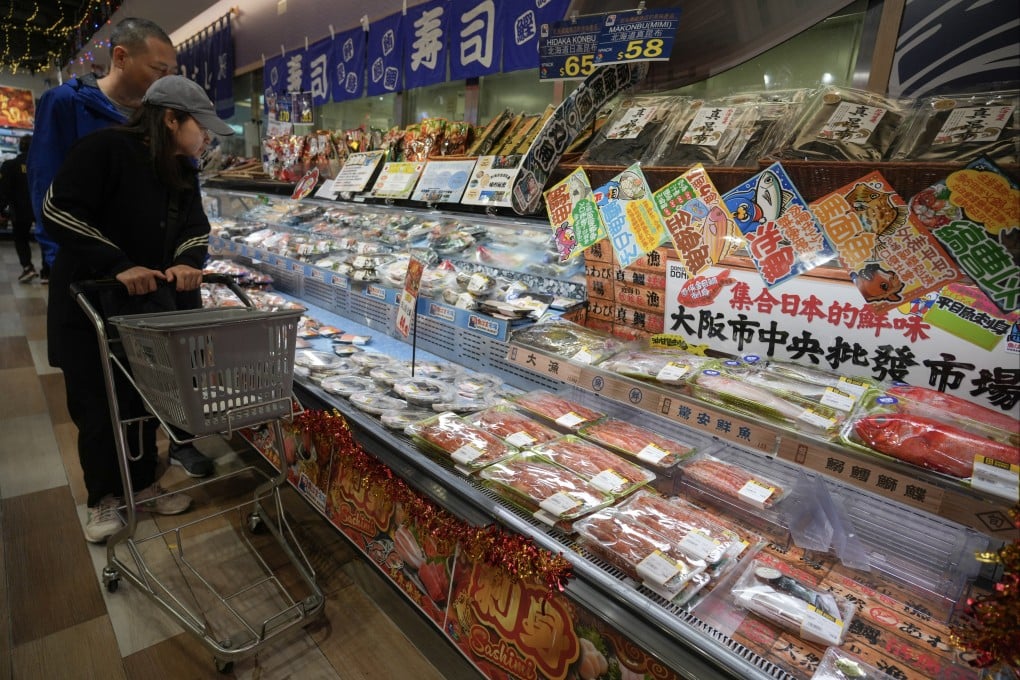Editorial | Tests whet appetite for easing of seafood ban in Hong Kong
Findings of scientists from mainland China near crippled Japanese nuclear power plant prompt calls for Hong Kong to review restrictions on imports

Debate has intensified over whether Hong Kong should lift its restrictions on Japanese seafood imports after tests of seawater conducted by mainland China from near the crippled Fukushima Daiichi nuclear power plant indicated marine life was not being harmed. The results came from samples collected last October when Chinese scientists were given access under international supervision of the affected areas.
Operators of Japanese restaurants in Hong Kong have called for import restrictions to be reviewed in the wake of last week’s announcement. They said the ban had forced some establishments to close and people were now going to Japan for seafood. Mainland and city restrictions on seafood imports began in August 2023 after Japan said it would gradually release into the sea about 1.34 million tonnes of treated waste water being stored since the plant was damaged by an earthquake and tsunami in 2011.
The mainland ban covered all Japanese seafood imports, while Hong Kong stopped aquatic products from Tokyo and nine prefectures of concern. The city also stepped up tests of food imports, but no radioactivity has been found in more than 112,000 samples checked since. However, some food safety experts and lawmakers continue to insist that health concerns remain and more scientific evidence is needed.
Japanese producers have much to gain by ensuring food safety and transparency about relevant monitoring data. In 2022, the mainland and Hong Kong were the largest and second-largest markets for Japanese seafood respectively. Japan’s seafood exports to China fell an estimated 57 per cent under the ban.
The hunger for lifting restrictions is also strong among diners and restaurants in Hong Kong and on the mainland. Cooperation between Beijing and Tokyo on testing also offers hope for further improvement in bilateral ties. Given the popularity of Japanese seafood, such joint efforts would be welcomed. Hopefully, with greater confidence about food safety the stage could even be set for Hong Kong under “one country, two systems” to consider easing restrictions before the mainland takes its next steps.

